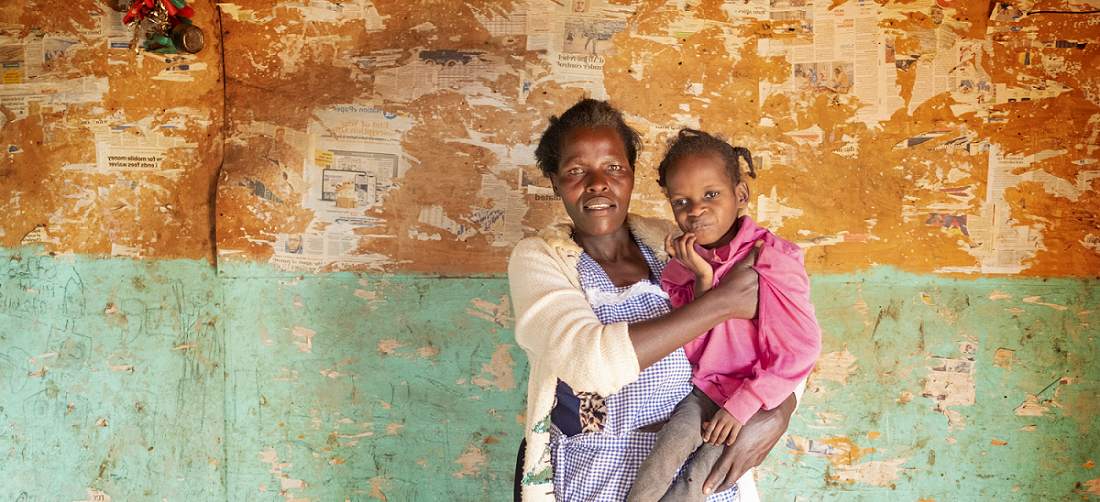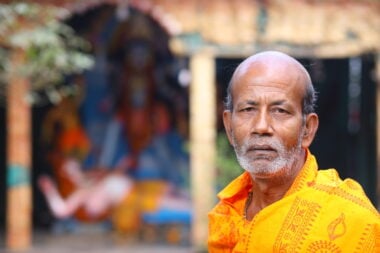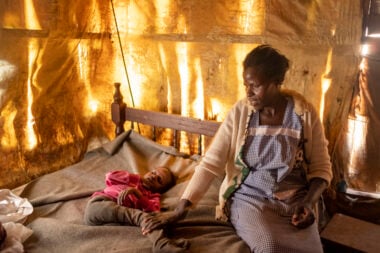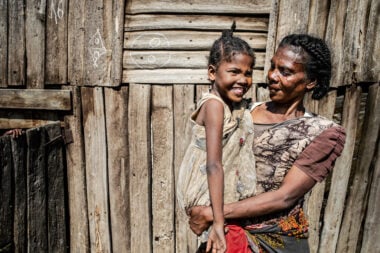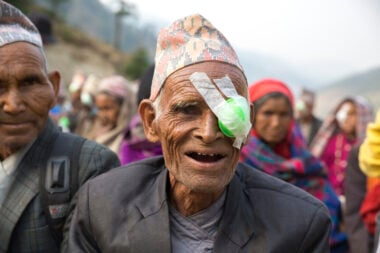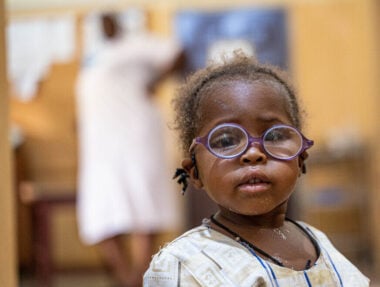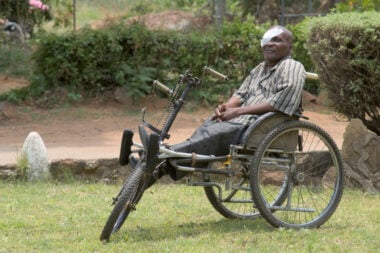CBM UK works alongside people with disabilities in some of the world’s poorest places, bringing change where it is needed most. Together with fantastic local partners, and as part of a global federation, we are working in 26 countries to break the cycle of poverty and disability.
Find out more about some of the countries CBM UK is working in.
